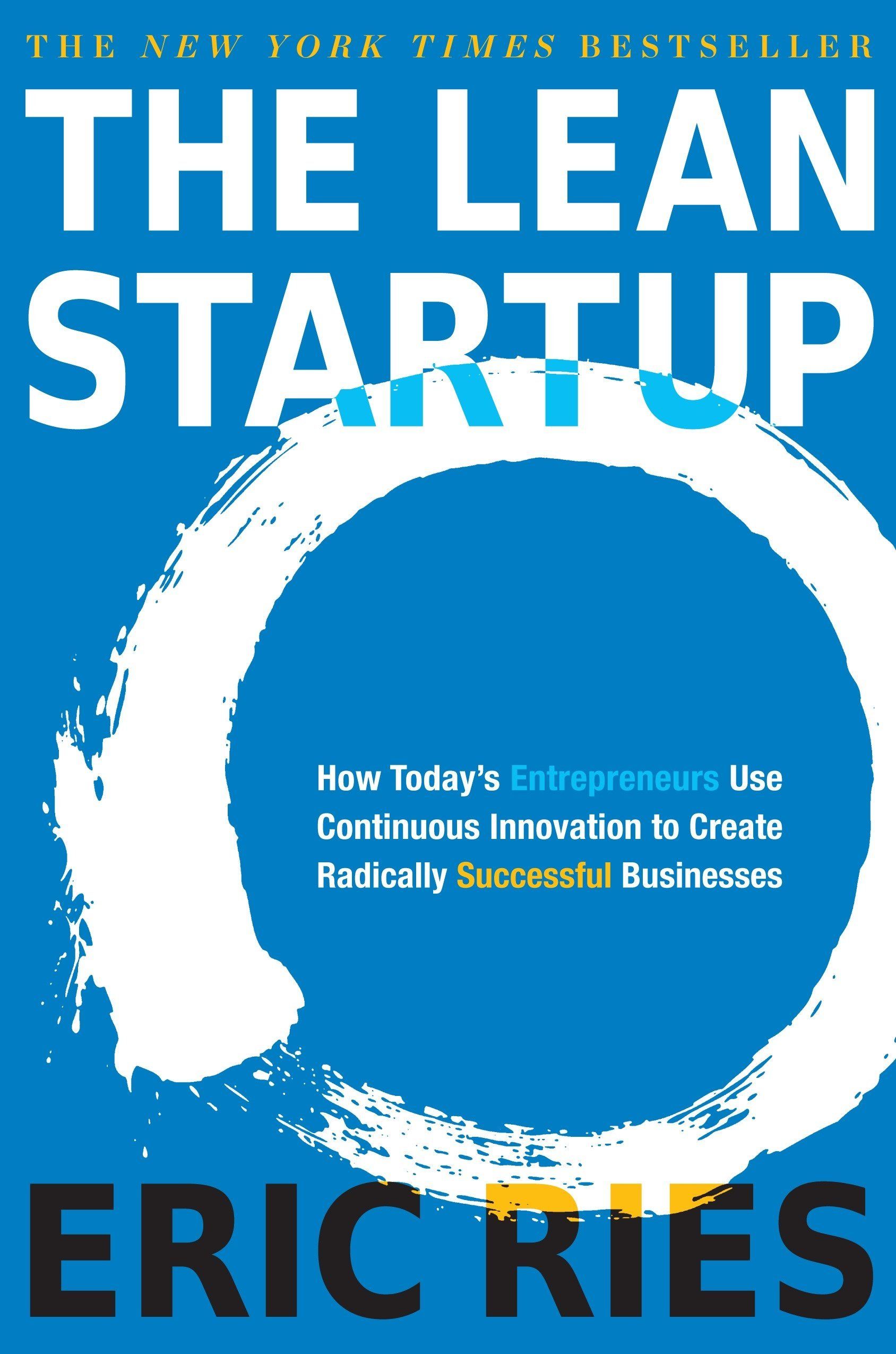
The concept of Lean Startup - which originated from the book written by Eric Ries - is so pervasive in Startupland, and so ingrained in me, that I am always surprised to find plenty of new startup founders who have not heard of it.
Perhaps it's because it's "old" (almost 10 years, so a lifetime in Tech - and some of its initial precepts have been contested and/or improved upon), or just because young founders have not heard of it yet.
Perhaps it's just me, and I just encountered the 1%.
In any case, thought I'd share here...
So Eric Ries wrote the book The Lean Startup: How Constant Innovation Creates Radically Successful Businesses published in 2011, which is the foundation for the Lean Startup movement, and has become the defacto standard for building startups (and corporate innovation).
Beyond founders, I believe anyone in an innovation position within a large company, should also read the book and be aware of its precepts.
Miguel Arias, exited founder now Global Entrepreneurship Director at Telefonica, recommended it to me in 2012 and I will always be grateful to him for that 🙏🏼 (I love great book recommendations!)
It's the underlying precept that is of interest.
It's a quick and easy read (read it all in one go on a flight between San Francisco and London). A good read. But not breathtaking.
And to be honest, I was a bit underwhelmed when I read it at first.
But after processing it (the tiredness and jetlag did not help I guess 😅 ), I realised that it broke the common understanding that a business is built on the back of a clear and long-term business model (including precise financials and what the company will do).
Startups are messy. Risky.
The commonly accepted definition of a startup, which originated from Steve Blank (the "Godfather of Startups".. or "of Silicon Valley"? 🤔 Can't remember... anyway, he's legit 😁) is "a temporary organisation, searching for a repeatable, scalable and profitable business model".
So a startup precedes the business model.
If you have a business model, it means you are building a traditional business - a bakery, a restaurant, etc... and that's fine.
But startups are searching for a business and its associated business model.
It's an exploratory endeavour.
And that search can take a scientific form.
Just like in scientific research, you formulate a hypothesis (an idea), you define the experiments to test that hypothesis, and you learn from the results of the experiment.
Contrary to scientific research though, the successful output is not a paper (a "scientific report") earning its credentials by being peer-reviewed (ie approved by qualified 3rd parties), but a business earning its credentials by having user adoption, and ultimately making money.
The actionable insights
In startup terms, the steps to follow are:
- Identify a pain to solve* (most critical aspect for rapid adoption)
- Build a MVP (Minimum Viable Product)
- Use the MVP to test your assumptions (hypothesis)
- Measure your tests
- Learn from each (small) test
- Iterate on your hypothesis
Rinse and repeat until you hit gold 😁
"MVP" is now a common term. Here is in a short graphic what building a MVP and iterating looks like:
mvp(the faces represent the users, in case you wonder)
"Build, Measure, Learn" is the mantra of startups following the Lean Startup principles.
Though do not let me spoil everything.
There is more to it, and learnings happen really only when part of a story or larger context.
So if you haven't read it, and you are currently or plan to build a startup, I highly recommend you to read Lean Startup.
Links
Official website:
Book on Amazon:
Or the Audible audiobook:
https://www.audible.co.uk/pd/The-Lean-Startup-Audiobook/B005LXUMPO
(Clean links)
